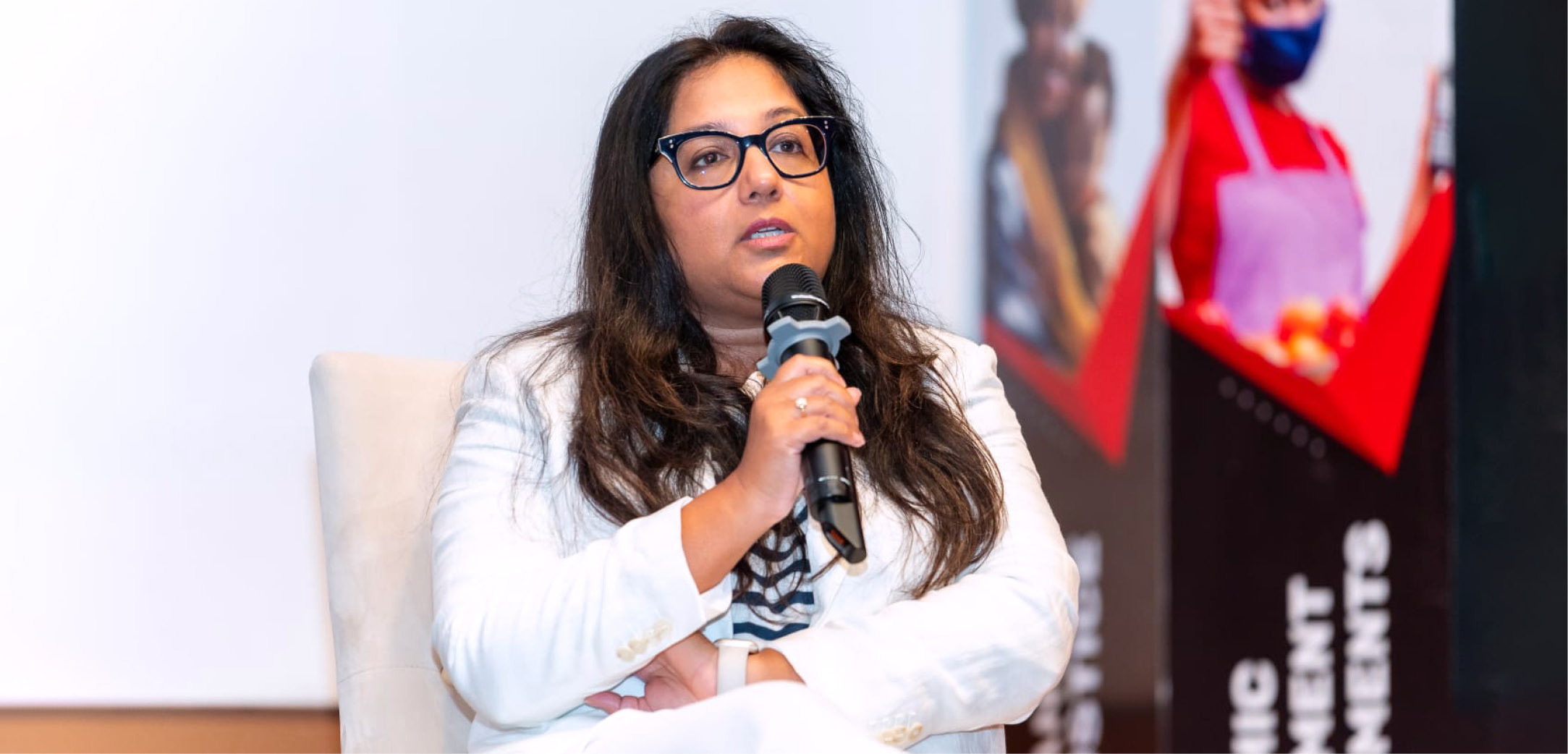Transforming Communities, Improving Health: Rethinking Sexual and Reproductive Health for Young People


Photo: Speaking at the Africa Regional Women in Data Summit, Naivasha, Kenya (2025).
Last week, I had the privilege of showcasing our Data Engine work at the Africa Regional Women in Data Summit in Naivasha, Kenya.
The summit was hosted by the Office of the Women’s Rights Advisor in the Executive Office of the President of Kenya. It brought together policymakers, grassroots women’s organizations, development partners, academics, county governments, and regional leaders, including the Women’s Rights Advisor to the President of South Africa.
The conversations were both timely and urgent. Leaders and grassroots participants alike grappled with the same core question: how do we mainstream gender data down to the local level so it drives accountability, inclusive decision-making, and gender-responsive policies? Two priorities stood out:
In this context, I was honored to demonstrate how the Data Engine addresses both priorities. We measure what is often hardest to capture, such as the social context and expectations that shape women’s voice, choice, and behavior. We also deliver timely, hyper-local, and cost-effective insights that policymakers can act on.
The reception was deeply encouraging. Grassroots leaders connected strongly with seeing their realities reflected in the data. At the same time, policy leaders recognized how these insights can inform national and regional strategies. UN Women’s regional data representative described the G-NORM measure as “brilliant” and invited further discussions on how this approach could be scaled across East and Southern Africa.
Looking ahead, we are continuing conversations with partners to build on the summit’s momentum. This includes plans for a briefing with women-led counties in Kenya, as well as ongoing engagement with the Kenya National Bureau of Statistics and UN Women’s regional offices. The summit also created space to link innovations like the Data Engine with broader efforts in Kenya and the region to strengthen gender data systems, and Kenya’s leadership on this agenda is especially noteworthy at a time when gender data efforts are under strain elsewhere.
For me, this experience reinforced a central lesson: gender data matters most when it bridges both ends of the spectrum. It must reflect the lived realities of women and also inform the big-picture policy debates that shape systems and solutions. When those perspectives come together, we can make the invisible visible, make data truly count, and ultimately help drive meaningful change.
To learn more about the Data Engine or to continue the conversation, feel free to contact me at [email protected].
—
Dr. Neetu John (She/her)
Principal, Gender Research & Programs, Fraym